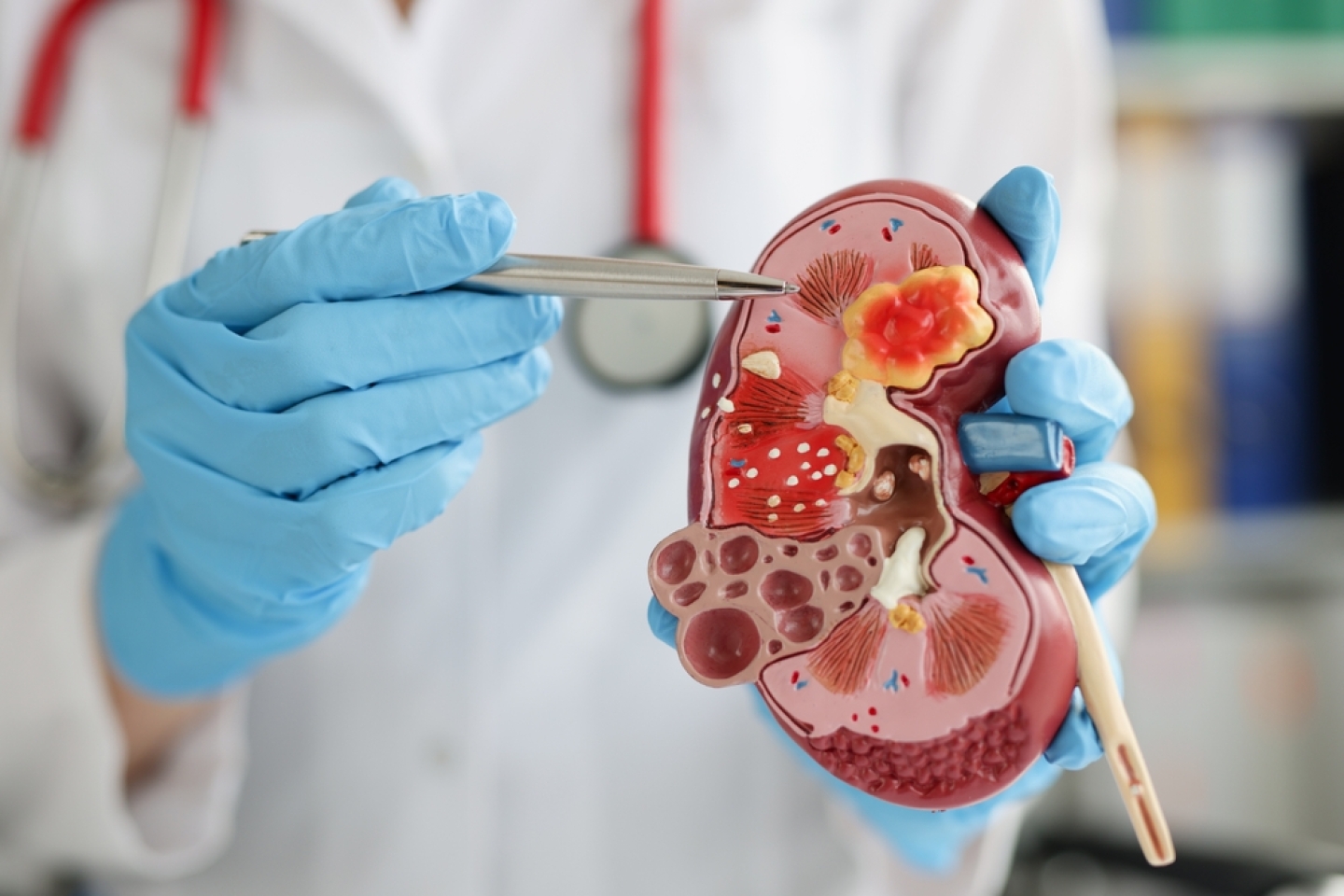
Nearly 1 of 20 cancers in America is kidney cancer, according to the American Cancer Society. While the number of cases is on the rise, more people are surviving than ever before.
“This cancer—in the majority of patients—is found incidentally, meaning by accident,” says Dr. Ana Molina, assistant professor of Medicine at Weill Cornell Medical College and assistant attending physician at NewYork-Presbyterian Hospital. “A patient comes in with a gallbladder issue and gets a CAT scan, and we find a renal mass, a kidney mass.”
Here's what you should know to increase your odds of detecting and treating kidney disease as soon as possible.
Also called renal cancer, kidney cancer can affect anyone at any age. However, your risk increases with the following:
Sometimes, kidney cancer causes noticeable symptoms. You may experience fatigue or unexpected weight loss. Blood may show in your urine, or you may notice a bump on your back or have back pain.
When renal cancer doesn’t cause noticeable symptoms in its early stages, it can go undetected, allowing it to grow and spread beyond the kidneys to nearby organs and bones, which can limit treatment options.
To detect kidney cancer as early as possible, your provider may recommend the following:
At Weill Cornell Medicine, cancer specialists provide advanced approaches for kidney cancer. Treatment options include:
“Before targeted therapies were available, median survival for patients was about a year or a year and a half,” Dr. Molina says. “We’re now able to control the disease and improve the patient’s quality of life for extended periods of time.”
Find a doctor at Weill Cornell Medicine and get the care you deserve.